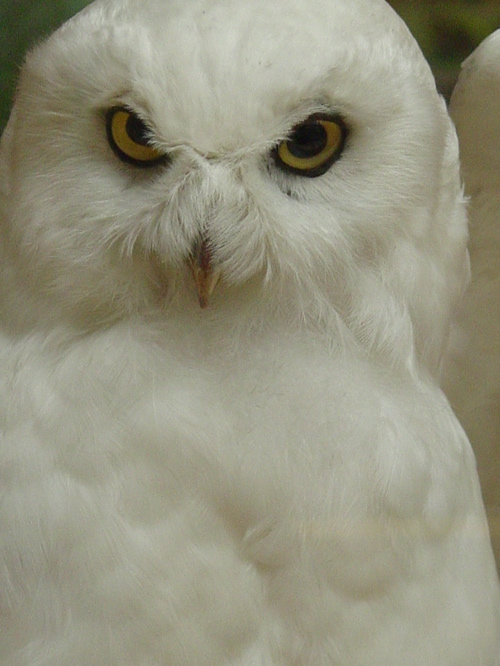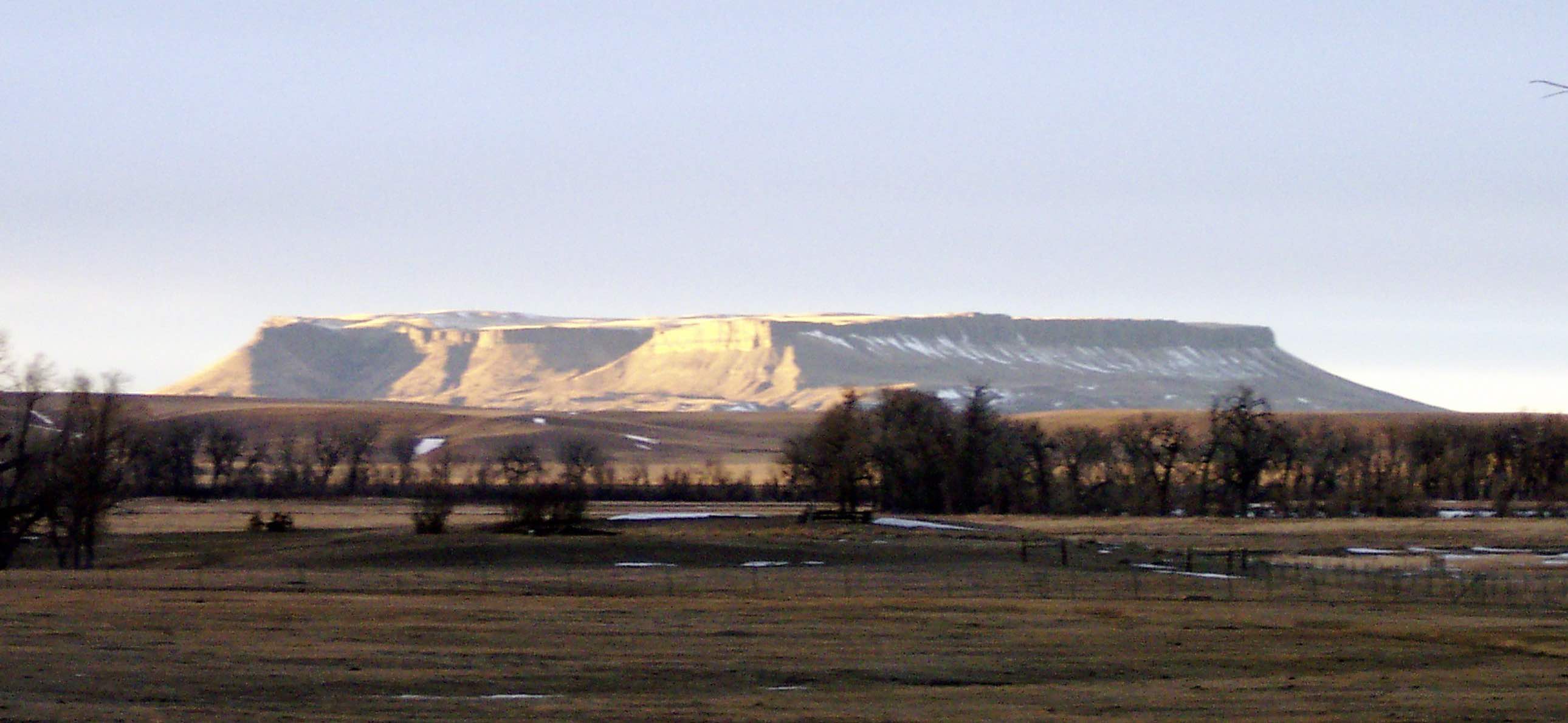
 “/>We usually tie the owl to wisdom and learning. It sees in the dark and so symbolically sees beyond the veils of deception, illusion and what is hidden from view. In running across this photo that I took at the Oxford University Natural History and Pitt Rivers Museums, I was reminded not of enlightenment, but of the word stupid.
“/>We usually tie the owl to wisdom and learning. It sees in the dark and so symbolically sees beyond the veils of deception, illusion and what is hidden from view. In running across this photo that I took at the Oxford University Natural History and Pitt Rivers Museums, I was reminded not of enlightenment, but of the word stupid.
Once upon a time, I called an idea stupid and was severely censured for the use of the word. It raised my curiosity because I was speaking about a general idea and not a person, even though it was taken as a personal slur. It appears that I was in good company in using the word. For example, educator Jules Henry wrote about the “historic necessity for stupidity” because if people are allowed to expand their minds, it shakes up the traditional system.
The way back machine of the history of our word stupid reveals that the word in its origin is a variant of the word type meaning a mark caused by striking a form or pattern. Another variant of the word is tied to the German word for tree stump and in English became our word stubborn.
But what about our poor word stupid? It grew into the Latin word meaning to be knocked senseless. It also yielded another word that is absolutely okay for us to use: stupendous. Ah, the irony of the person who bristles at the use of the word stupid, but regularly uses the word stupendous, which originally meant to be feared.
In English stupid generally meant to be stunned, as with surprise or grief. In “A Winter’s Tale,” one of Shakespeare’s character asks about an elderly person, “Is he not stupid with Age?…Can he speake? Heare?” Gradually, other meanings were added as in falling into a “stupid sleep” or suffering from a “stupid headache.” Other derivatives were added: Stupidious, stupidish, stupiditarian, stupidous. Eventually, stupid came to be used more generally to describe dullness or irrationality.
So why does this picture remind me of the word stupid?
The Pitt Rivers Museum has a collection of over 500,000 objects. That doesn’t include the collection of the attached Oxford Museum of Natural History. In the former alone there are archaeological and ethnographic objects from all over the world, including a whole case of shrunken human heads.
I was struck stupid!
© 2014 E.L. Kittredge

Comments are closed, but trackbacks and pingbacks are open.